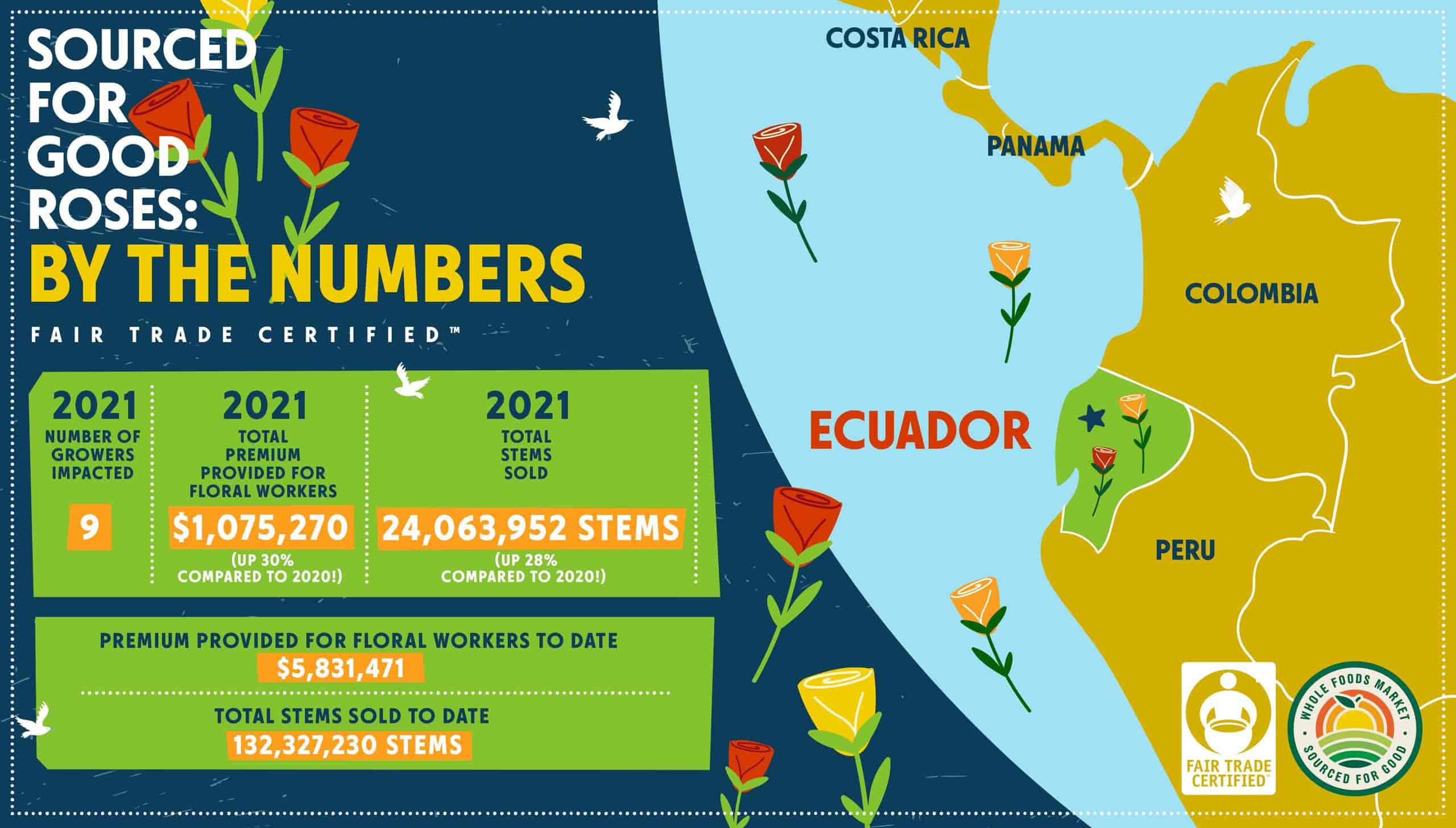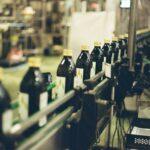Sourced for Good Flowers
Our Sourced for Good program highlights our commitment to responsible sourcing. In collaboration with farms, suppliers and international third-party certifiers like Fair Trade USA, Rainforest Alliance, Fairtrade America, Fair Food Program, Regenerative Organic Certified and Equitable Food Initiative, we’re helping provide for things like fair wages, health care, student scholarships, planting trees to prevent erosion and more.
“I think everyone that walks the planet earth needs to be aware of how they can contribute to improving the livelihood for the rest of our lives and the generations to come.”
Kate Kennedy, Principle Buyer, Produce and Floral
The Whole Foods Market Approach to Sourcing Flowers
Whole Story: Who are you and what do you do?
Kate Kennedy: My name is Kate Kennedy, and I’m a principal buyer for the global produce and floral team. We work on strategic relationships and long-term planning with our supply partners. Whole Foods prides itself on trying to work on long relationships, purchasing from the same suppliers year in and year out and 52 weeks out of the year, with the exception of some items that might be seasonal like Christmas trees. My role as a principal buyer is to work with the forecasting team and the category merchants in order to source products that are sold in our stores and to secure product for the future.
WS: What is unique about the way Whole Foods Market sources Sourced for Good flowers?
KK: Most of our products grow all the time, right, so like a rose that we would sell at Valentine’s Day, you can’t turn it on and off. The plants continue to produce rose blooms. So every week in one of your stores you will see a rose from the same plants. Other items, like tulips, which are also a very popular item for Valentine’s Day, those are a little more programmed. One bulb equals one bloom, right, so we can program what color mixes we’d like and when we want them to be ready. Tulips are very much a second favorite for Valentine’s Day customers at Whole Foods Market. We joke and say it’s for people who like each other that don’t love each other! We program and give forecast information along with color mixes on those tulips we would want for certain times of year. So in February, you’ll definitely see some romantic colors; pink, white, red, purple, yellow, and some novelty colors. And so that’s something that we would shift according to the seasons.
Something else that we work on with the farms is making sure that they are up to our standards, right. We do have product specifications on all of the fresh produce and flowers that we offer in the stores. You’ll see consistency in the size of the rose bloom that we sell as well as the stem length. The last thing is our commitment to our, certification program, Sourced for Good. Sourced for Good is an internal program within Whole Foods Market that recognizes third party certifications. You may know Fair Trade USA, Fair Trade America, Rainforest Alliance, Regenerative Organic Certified the Equitable Food Initiative or the Fair Food Program; those are some of the certifications. Sourced For Good is a way to recognize the farms that really put the effort into making the products that we sell while also taking care of farmworkers, giving back to them with community premiums. The farmworkers can use that money to develop programs, build dentists, laundries, buy computer stations, provide continuing education, and more. All of our stores in the US and Canada will sell Sourced for Good roses and Sourced for Good tulips when Valentine’s Day is here.
WS: What does responsible sourcing mean to you?
KK: I think there’s a few branches of responsible. I think one is concerned with the farmworkers. For example, with all flowers we buy as part of the Sourced for Good program, the farmworkers have full time jobs at those farms. They’re not intermittent laborers. They don’t get a paycheck one week and then not the next week. Their farm position can change but they’re full-time employees of those farms. A lot of the farms provide lunch, a place to shower, a clean place to eat. They have daycare, they have a laundry, they have a dentist, they have an eye doctor. They have programs and things that are fun for the farms and their families to be able to take part of as part of. I would say they’re our first responsibility; to the farmworkers. The second part is a stewardship of the environment. I think that there is a big focus within the Sourced for Good farms that we purchase from to be responsible for what they’re putting into the earth and taking out of the earth, and what they’re doing with everything after that – composting, recycling cardboard, using minimal packaging, and considering the type of packaging that they’re using. Eliminating things that will go into a landfill and will take years to breakdown; things like mylar or shellac, which we don’t use in our Sourced for Good packaging. The last part is our commitment to those long-term partnerships. We’re working with those farms in order to establish a plan for the future. I think within the last couple of years, there’s been a lot of uncertainty and businesses have had to close or ownership has changed, and we’re really trying to ensure that we’re making the best partnerships and committing to those grower partners. Really being a supplier that’s going to be there in the long term.
WS: In broad strokes, how does Whole Foods Market ensure that our products are meeting Sourced for Good requirements and that producer partners are delivering on those promises?
KK: We have third-party certifiers that do audits, whether it’s a desk audit or an in-person audit. A desk audit would be looking at the accounting to understand where the premiums that we that we pay are going. What does that bank account look like? Where do the dividends go when someone takes a payment? Oh, we had a holiday party, everyone got a gift card, everyone got a meal and all the kids got a present that were in the families. There’s a deduction that accounts for that financially, that would be part of a desk audit. And then basically making sure that the community premiums are driven and organized by the farmoworkers, not by the farm owners. The second part would be an in-person audit which was usually unannounced. These will confirm that you’re conducting your business every day up to the expectations of that certification. Do you have a laundry facility, do you have daycare for children? Is everyone working the hours and getting the breaks they are being paid for? They want to ensure that whatever that farm said that they do as part of their daily business is actually happening. The certifications each have their own additional standards, things like safety, reporting of labor issues or harassment, etc. I’m proud to be part of that and I’m proud that we’ve established these relationships to help us know that those farmworkers are treated respectfully and compensated fairly.
WS: If you had the opportunity to talk directly to a consumer, how would you convince them to pay more attention to how these products are sourced and to choose something like a Sourced for Good rose over an alternative?
KK: I think everyone that walks the planet earth needs to be aware of how they can contribute to improving the livelihood for the rest of our lives and the generations to come. If someone is less passionate about the environment, they may care more about fair treatment for the people who grow and harvest the items that you are putting on your table. These programs help ensure that there is worker safety, that there is an opportunity for livelihoods to be better than they were for previous generations. That’s really how a lot of people come to Whole Foods Market, they want to know where their products come from.
WS: It makes such a huge difference in people’s lives.
KK: I think sometimes we take for granted that we can go to the doctor if we need to. I mean, that’s not something that’s the same everywhere. Simple things that we consider basic necessities might not be so basic on the farms where we’re buying these products from. Helping to ensure that farmworkers have access to healthcare and education, and houses that have running water, electricity and laundry facilities. It used to be that some farmworkers would go to the river and wash their clothes on their day off. And now they can drop their laundry off and have it done. They can have all that time back with their families. For someone who can go down the hall, start a load of laundry or drive to a laundromat, that’s a very eye-opening experience on how small changes can impact the lives of people in a big way.
Illustrated Guide to Rose care
Fill a clean vase with cool water
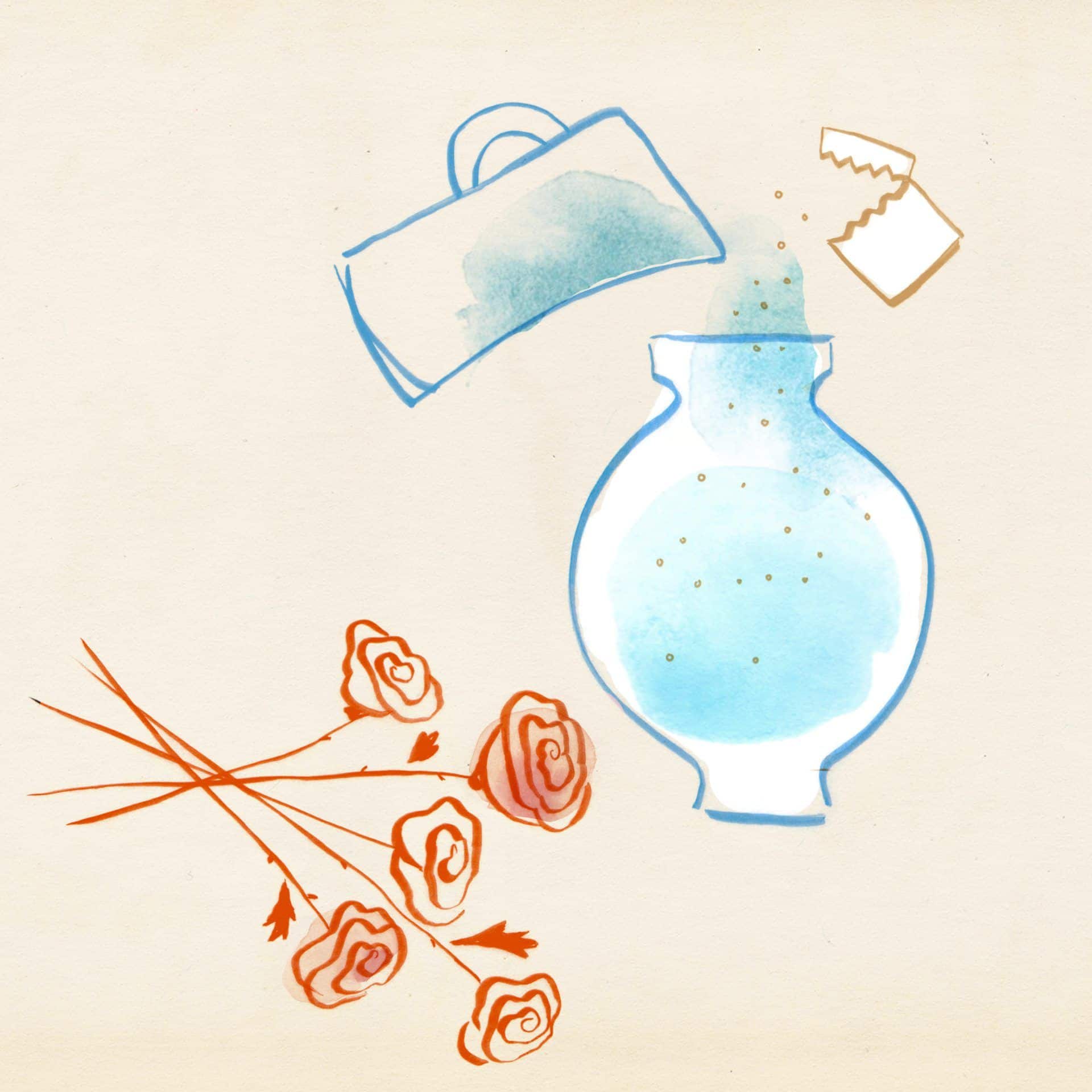
Add flower food and stir to dissolve
Remove any leaves that will be below the water line
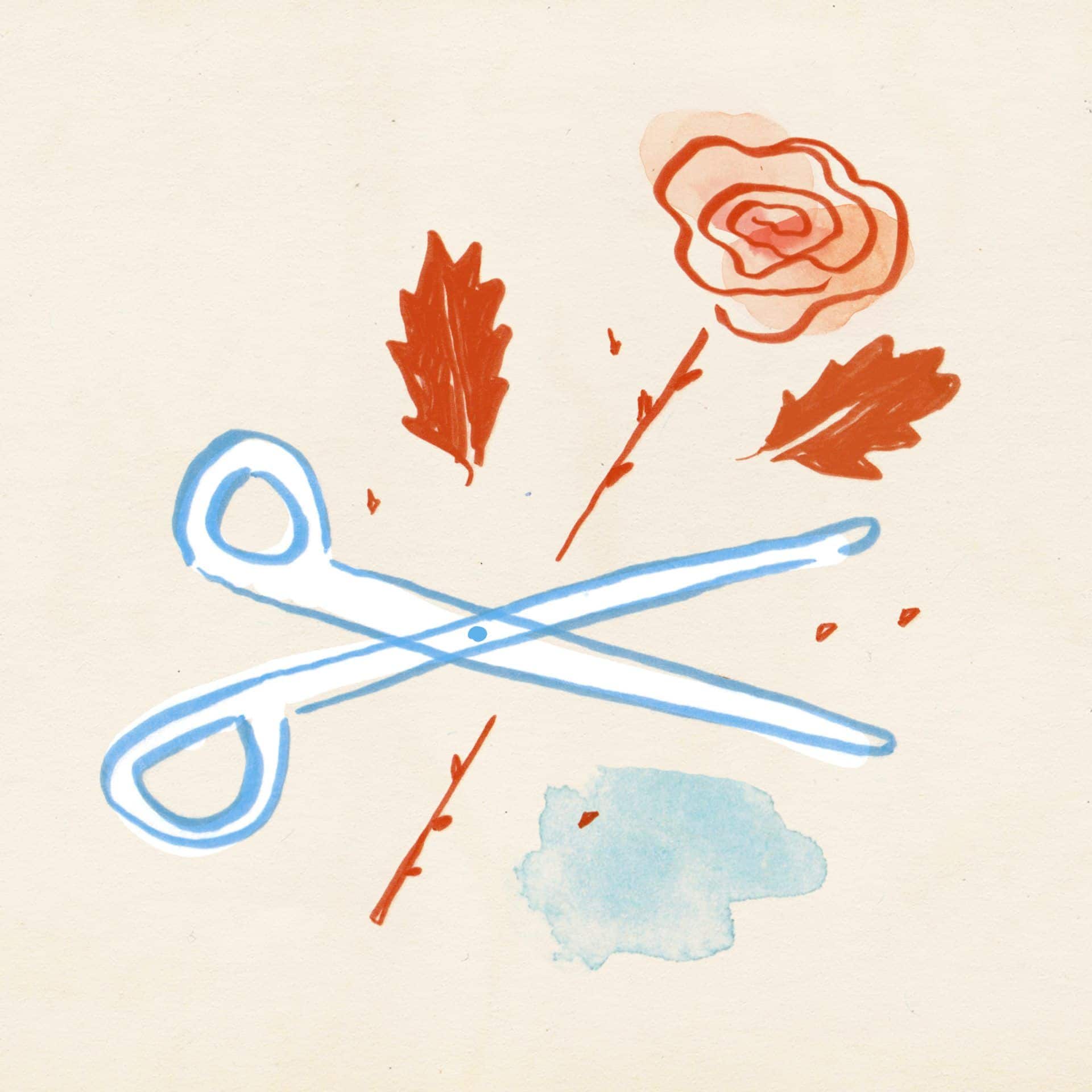
Trim your flower stems under a steady stream of water. Cut on an angle and return to prepared vase after cutting.
Pull all guard petals

Keep the arrangement away from direct sunlight, extreme temperatures, and fresh fruit. Fresh fruit releases ethylene gas, a naturally occurring plant growth hormone which will promote blooming and also aging.

Change the water, clean the vase, add plant food and trim the stems when the water turns cloudy.

Preserve as potpourri. Spread the petals on a grill rack and let them air dry. Here’s a simple recipe for homemade potpourri.
Illustrations by Kelly Colchin
Sourced for Good Flower Farms of Ecuador
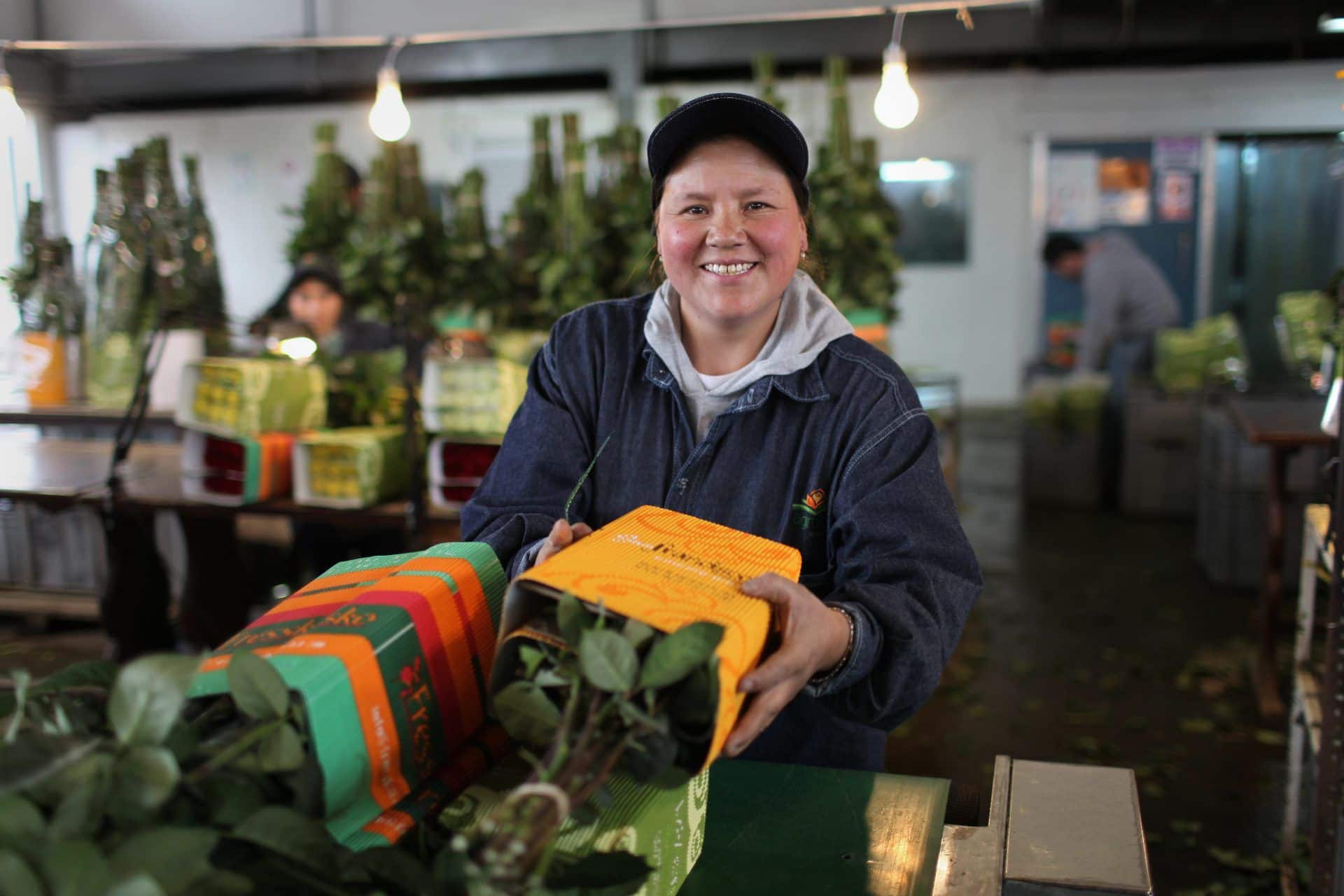

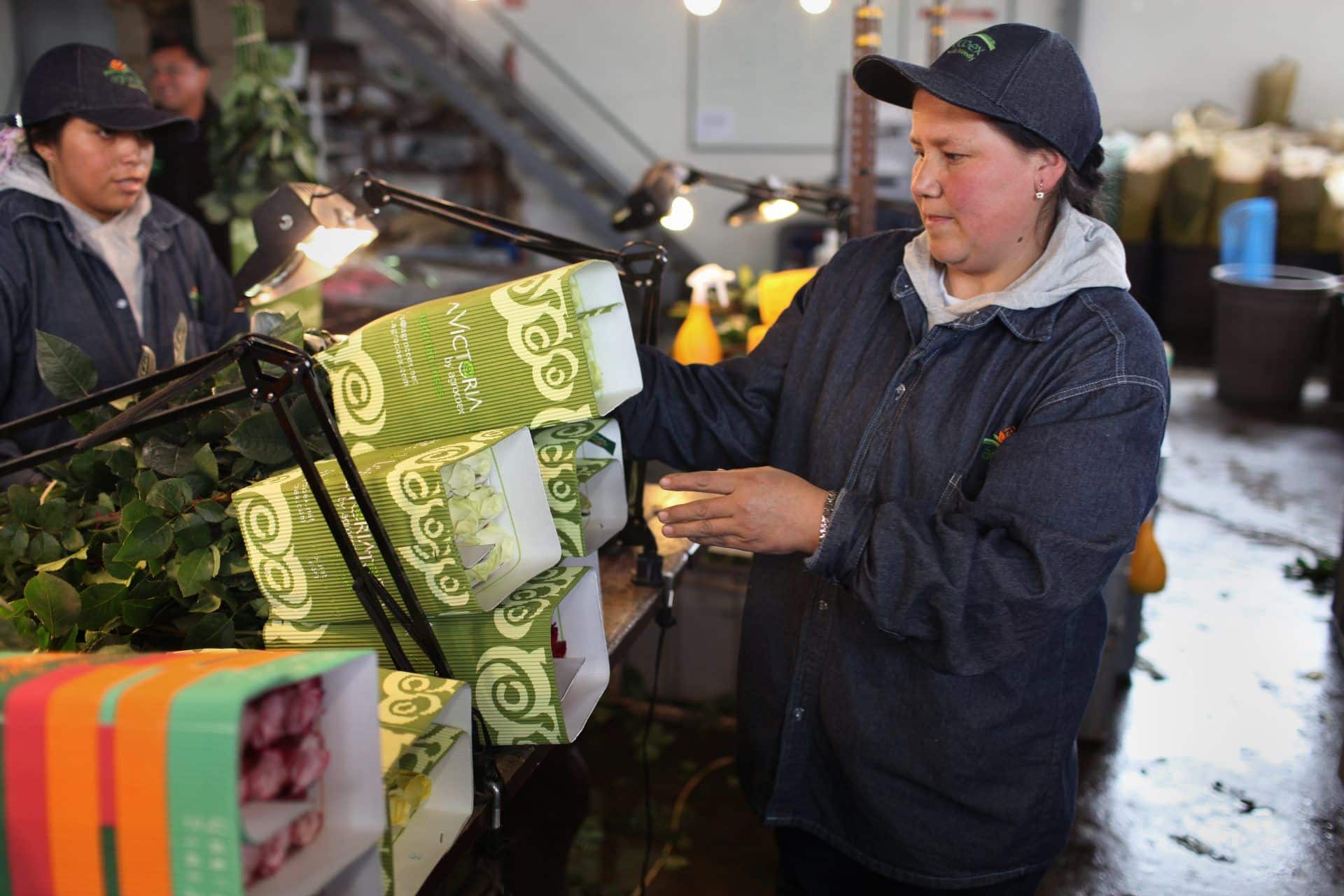


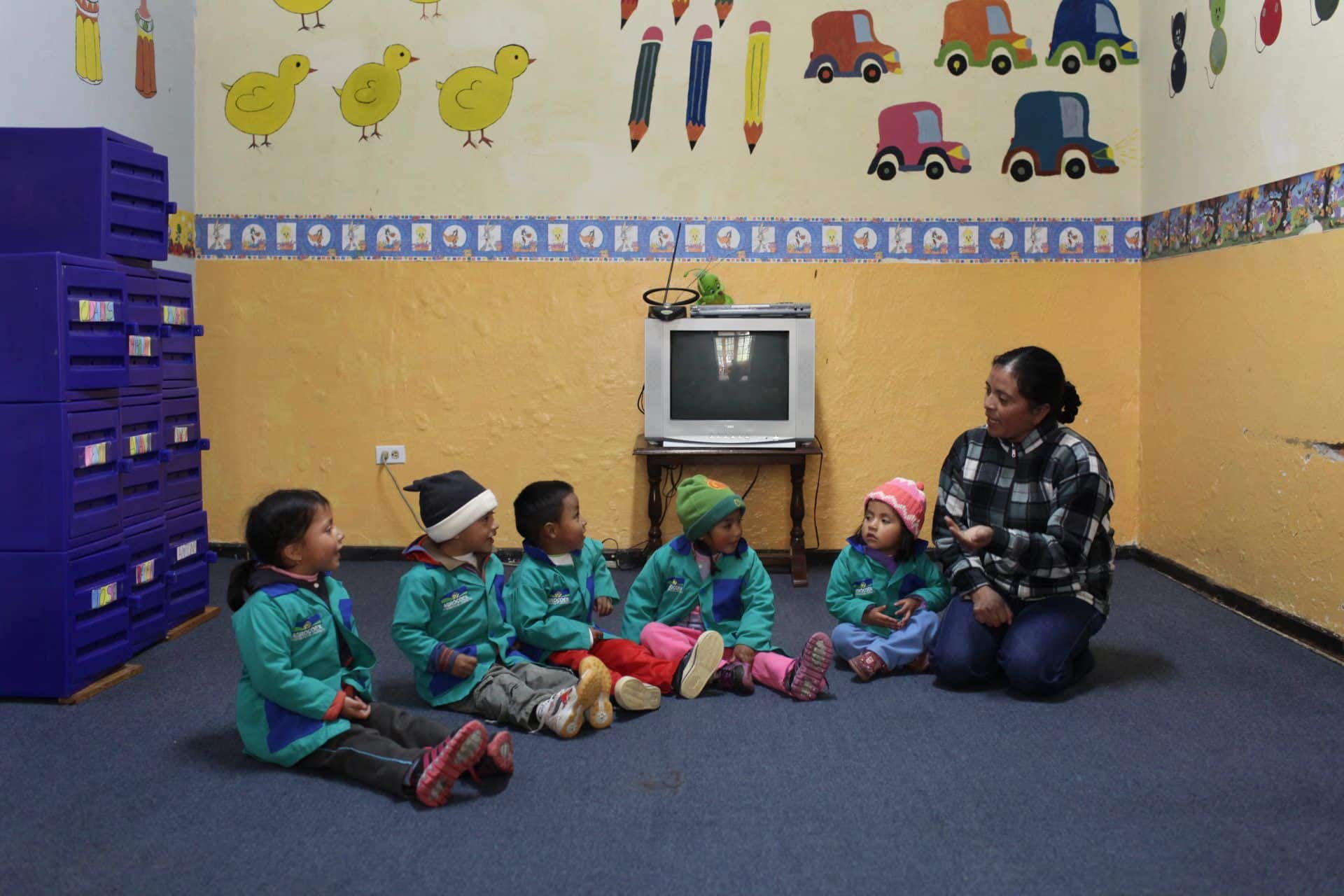
Sourced For Good Roses: By The Numbers
